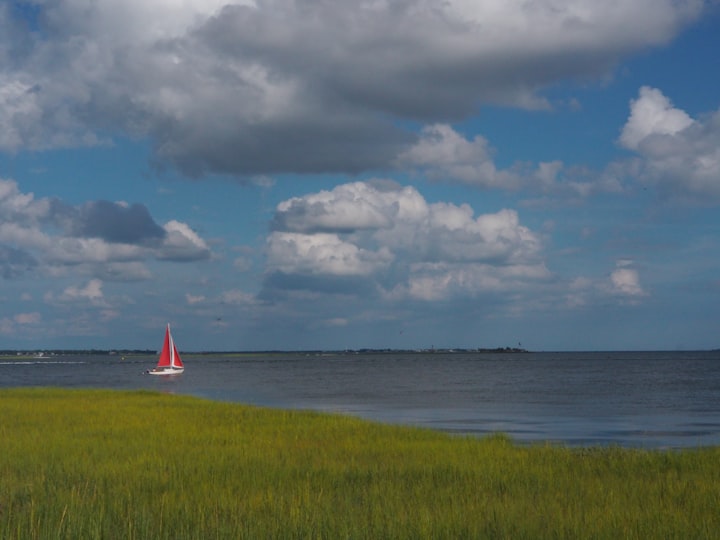The land must be given back to the Gullah Geechee community.
It is imperative for Black folk to benefit from the land that we and our ancestors nurtured, and more importantly, it is imperative for us to own it.

Written by Jayla Moss & Marcus McDonald of Charleston Reparations Taskforce & Charleston Black Lives Matter
Plantations and markets that once sold African slaves exist today as wedding venues, tourist destinations, and romanticized reminders of the South Carolina Lowcountry’s horrific past. The money generated from the rebranding of these former human trafficking and forced labor sites continues to generate wealth for the descendants of slave owners. Meanwhile the descendants of enslaved Africans continue to face extreme poverty, mass displacement, and systemic oppression.
It is imperative for Black folk to benefit from the land that we and our ancestors nurtured, and more importantly, it is imperative for us to own it.
As descendants of agrarian societies, Black folk in the SC Lowcountry have always nurtured and respected the land that we reside on. Countless traditional connections with nature have been carried over from Africa, in secret, remaining intergenerational & international throughout the diaspora. Emory Campbell, a respected member of the Gullah community, once said that we “cannot preserve Gullah culture unless we preserve the land.” Plantations account for over 6000 acres of land in Charleston and Dorchester County.
Since 2007, Charleston County has spent over $67 million on plantation preservation. The white families who own these plantations rake in millions every year from private events and business ventures. It's morally corrupt for Charleston County to protect areas of forced bondage, labor, and torture of enslaved Africans to support the accumulation of white wealth and power while the Black community continues to suffer through widespread poverty, violence, and eviction.
Owning land is a luxury that is becoming harder to grasp every year for Black folk. Instead of expecting Black folk to constantly make something out of nothing, we need to for once give them something. That is the least that this society can do. We once fought and rebelled to be considered human and equal to White Americans, and we now continue this fight by calling for the government and landowners to level the playing field and redistribute plantation land to the descendants of the enslaved people who lived, worked, and died on the land.


